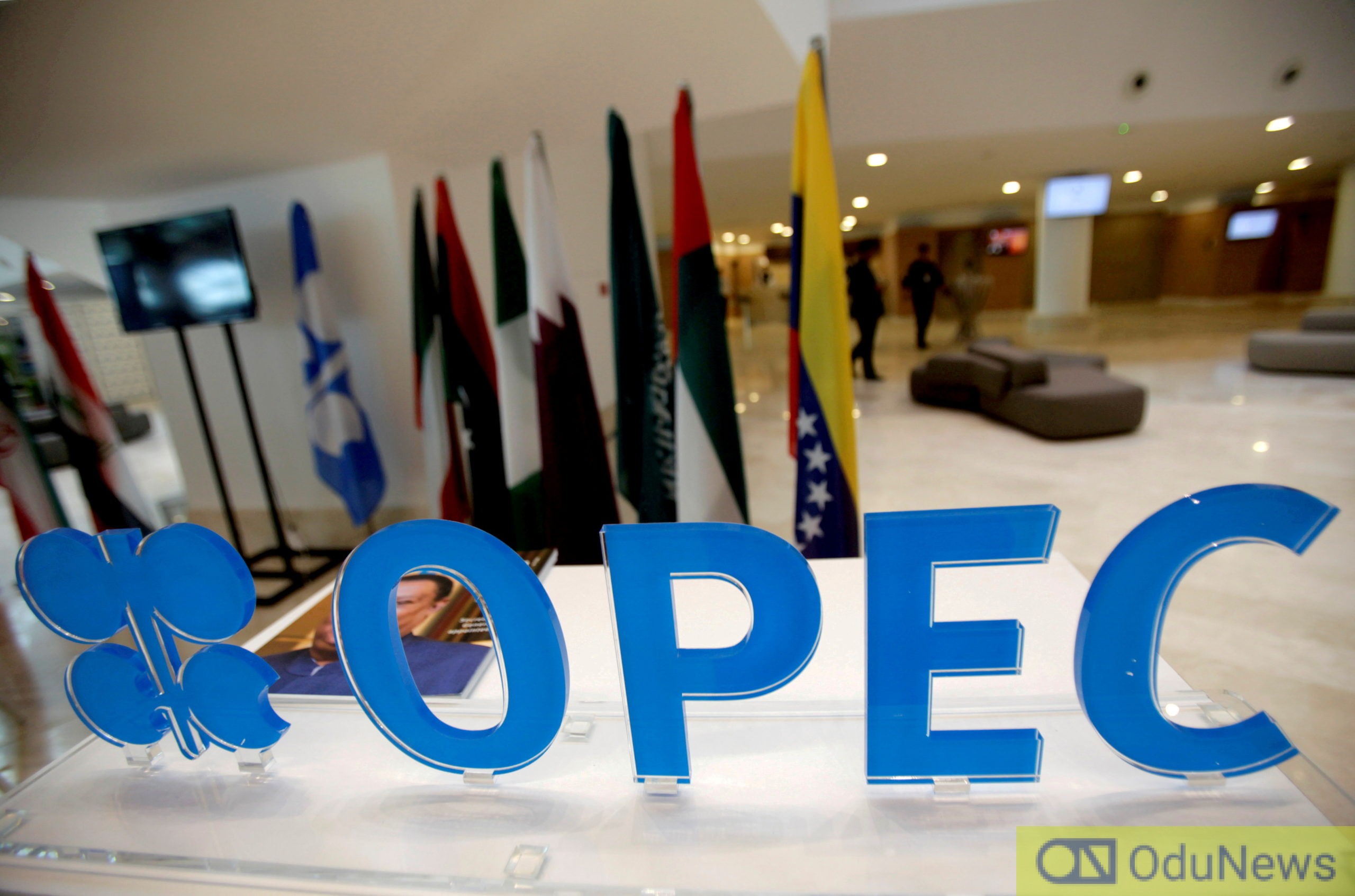The Organisation of Petroleum Exporting Countries and its allies (OPEC+) have raised Nigeria’s oil quota to 1.830 million barrels per day, mb/d in September 2022, from 1.826 mb/d in August 2022.

This was part of actions, targeted at achieving increased stability in the global oil market.
Consequently, prices of many crudes, including Nigeria’s Bonny Light, bounced back to over $100 per barrel in the global market.
Oil opened August on a weak footing after declining the prior two months on demand concerns. The drop has wiped out almost all of the gains seen since Moscow’s invasion of Ukraine in late February.
The OPEC+ meeting came after US President Joe Biden urged Saudi Arabia to pump more oil on a visit to the kingdom last month. The alliance has already agreed to return all the supplies it took offline following the outbreak of the pandemic, although some members like Nigeria have been unable to meet quotas in full.
In the meantime, BP’s second-quarter profit soared to $8.45 billion, its highest in 14 years, as strong refining margins and trading prompted it to boost its dividend and spending on new oil and gas production.
The strong performance capped a blowout quarter for the top Western oil and gas companies on the back of soaring energy prices.
OPEC+ said it considered the dynamic and rapidly evolving oil market fundamentals, necessitating continuous assessment of market conditions.
It noted that the “severely limited availability of excess capacity necessitates utilising it with great caution in response to severe supply disruptions”.
It also said “chronic underinvestment in the oil sector has reduced excess capacities along the value chain (upstream/midstream/downstream)”.
“The Meeting highlighted with particular concern that insufficient investment into the upstream sector will impact the availability of adequate supply promptly to meet growing demand beyond 2023 from non-participating non-OPEC oil-producing countries, some OPEC Member Countries and participating non-OPEC oil-producing countries,” it said.
The oil cartel said preliminary data for “OECD commercial oil stocks level stand at 2,712 MB in June 2022, which was 163 MB lower than the same time last year, and 236 MB below the 2015-2019 average, and that emergency oil stocks have reached their lowest levels in more than 30 years”.
The meeting also noted that “Declaration of Cooperation conformity averaged 130% since May 2020, supported by voluntary contributions of some participating countries”.
It decided to “reaffirm the decision of the 10th OPEC and non-OPEC ministerial meeting on April 12th, 2020, and further endorsed in subsequent meetings, including the 19th OPEC and non-OPEC ministerial meeting on the 18 July 2021”.
“Adjust upward the production level for OPEC and non-OPEC Participating Countries by 0.1 mb/d for September 2022 as per the attached table. This adjustment does not affect the baselines decided on the above-mentioned meeting on July 18, 2021,” the group said.
The oil cartel scheduled its next meeting for September 5.


Comments are closed.